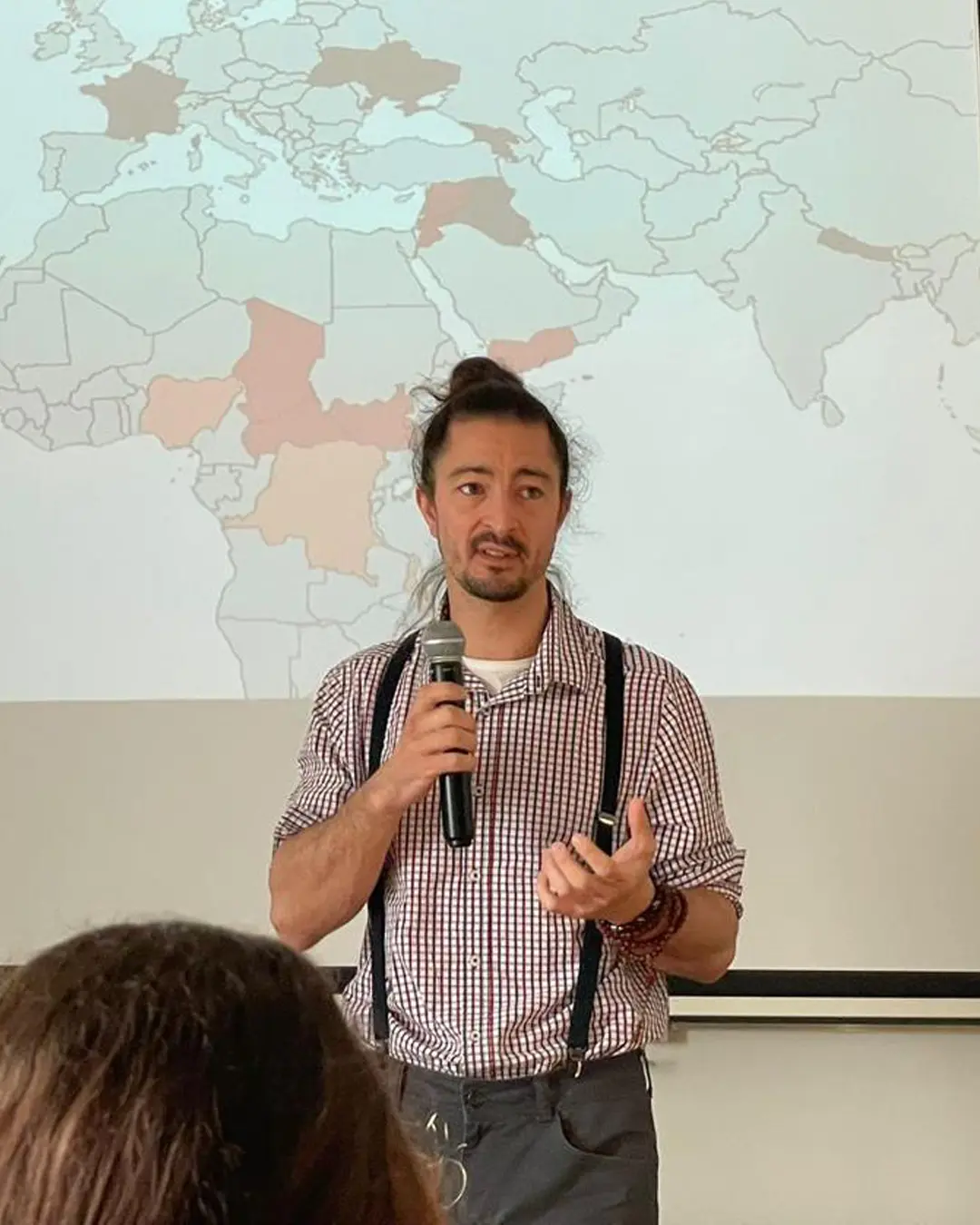International Week: expanding French-speaking world exchanges in physiotherapy
For this year’s edition, we have brought together renowned experts in the field of physiotherapy who are French-speaking and driven by a passion for sharing their expertise with our 2nd and 3rd-year students. Several speakers have thus enriched the learning experience of our students:
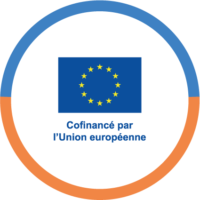
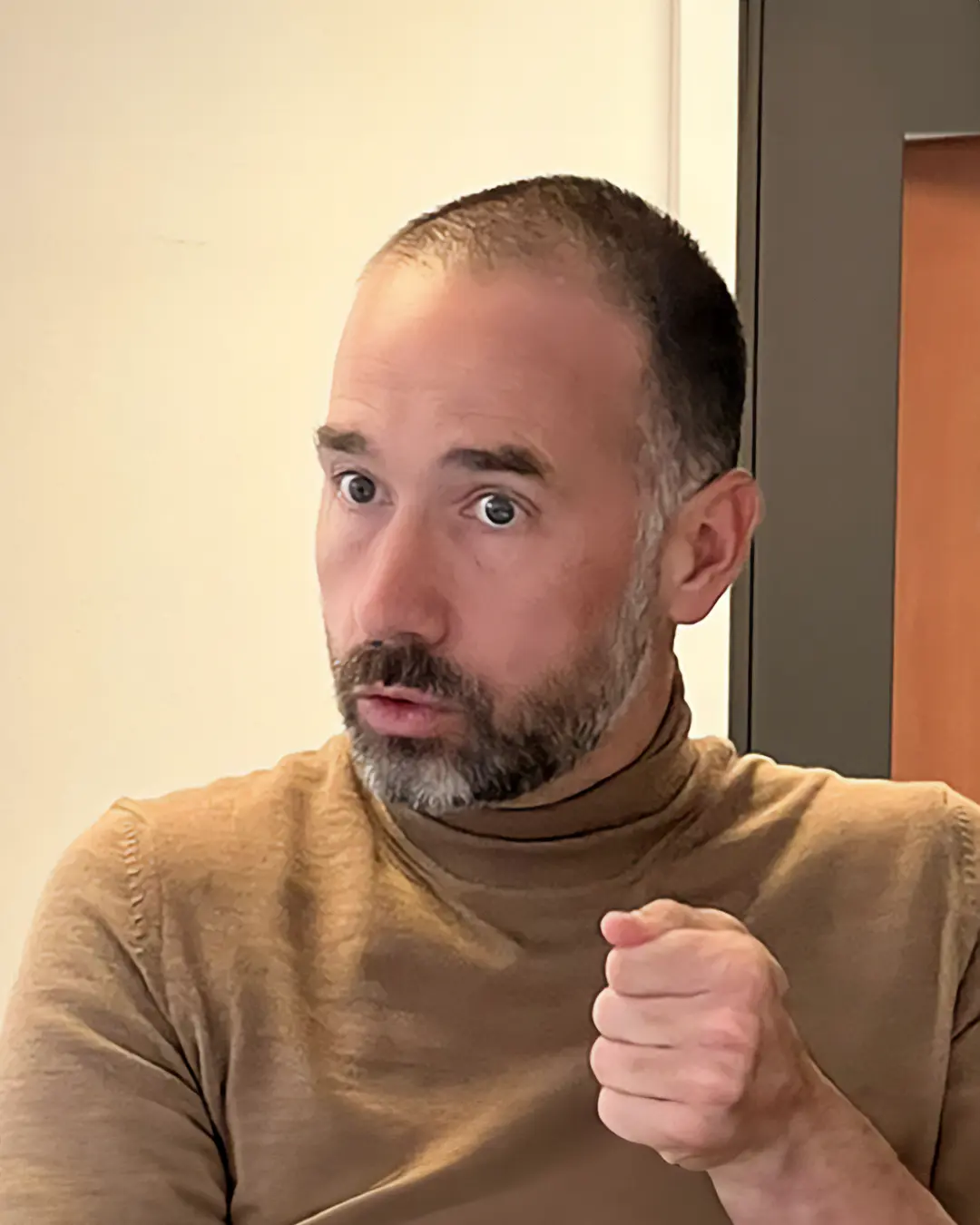
Joachim Van Cant, Clinical Reasoning, Diagnostics …
An Associate Professor at the Faculty of Motor Sciences at the Université Libre de Bruxelles, and holding a PhD in Rehabilitation Sciences, Joachim Van Cant is a renowned researcher in the field of musculoskeletal physiotherapy.
Through theoretical and practical sessions, he provided valuable insights into key topics essential for the training of our future physiotherapists. He stood out for his rigorous approach and contagious enthusiasm. The topics covered included :
Laurent Pitance: The Mulligan Concept and Clinical Evaluation
Laurent Pitance is a physiotherapist with a Master’s in Manual Therapy and a PhD in Sciences, specializing in the management of maxillofacial and cervical pathologies.
He teaches musculoskeletal physiotherapy at the Catholic University of Louvain (UCL) and is a researcher at the Institute of Experimental and Clinical Research (IREC).
He shared his expertise with our students on the following topics :
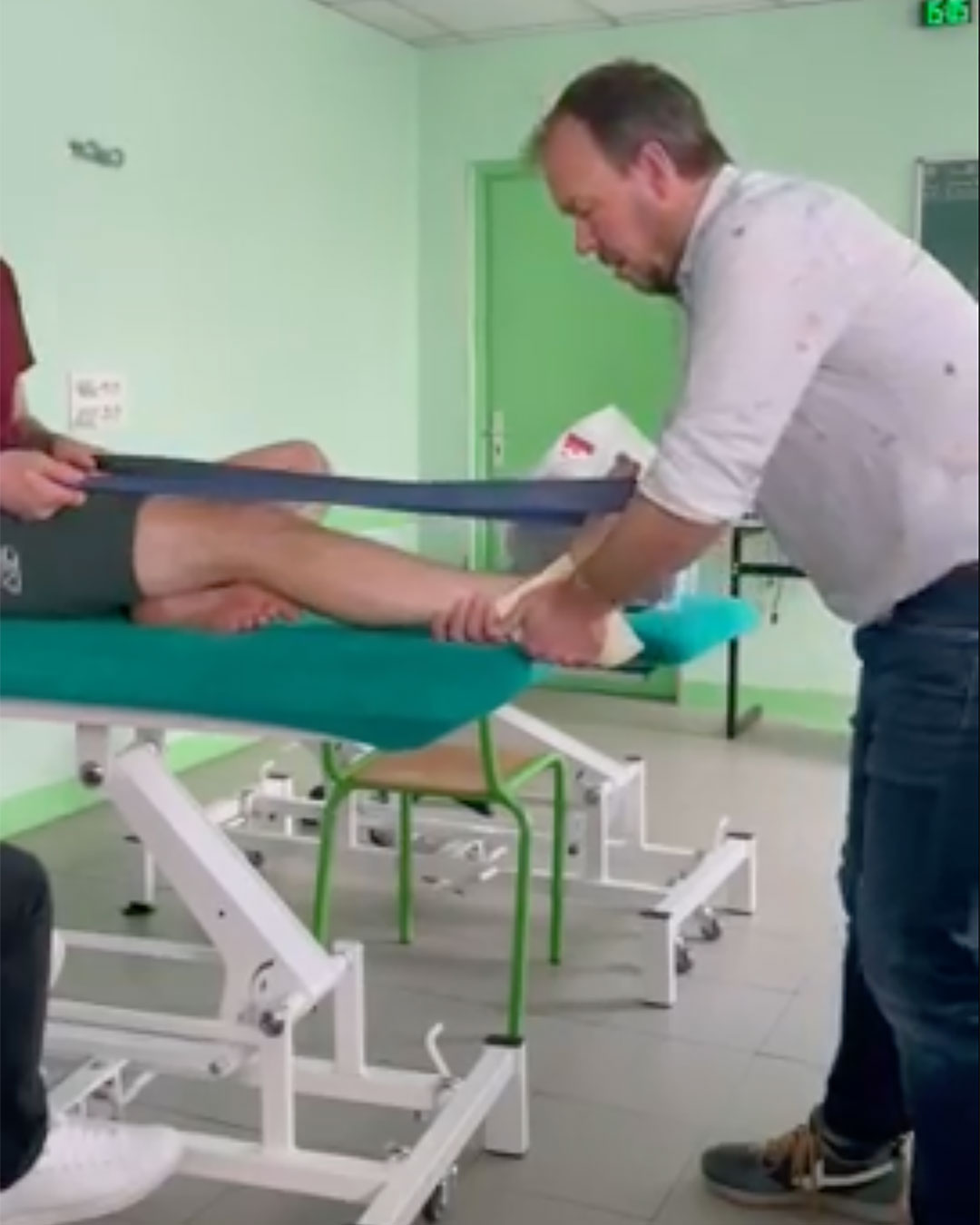
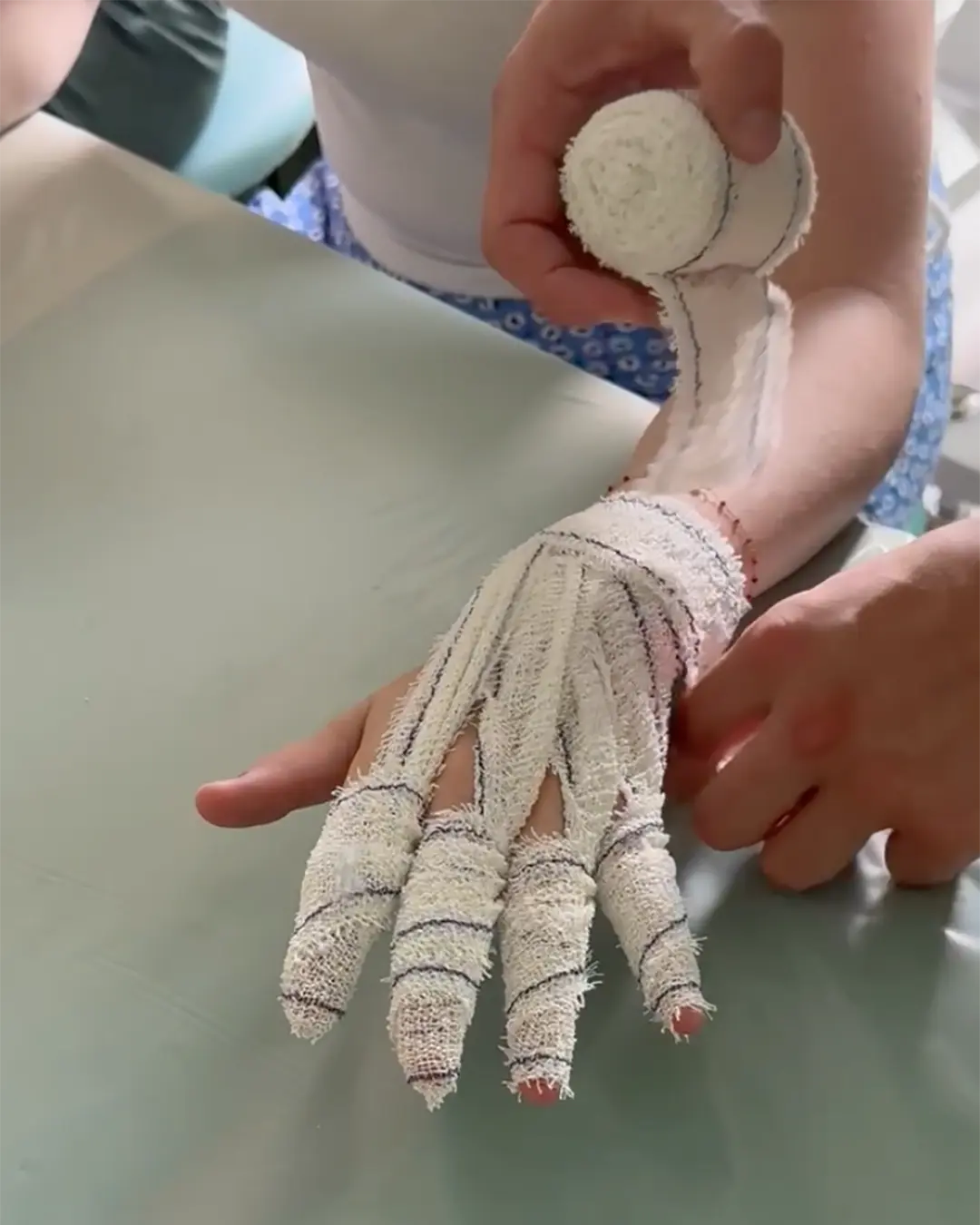
Pierre Moreau: Humanitarian Expertise and Broadening Horizons for Physiotherapy Students
Pierre Moreau is a trained physiotherapist and has been working for five years with the MSF Foundation, coordinating the 3D program. This program focuses on designing and manufacturing prosthetics and orthotics for patients with upper limb amputations or facial burns in the context of humanitarian missions.
He shared his journey and experiences with our students, explaining his vision of the vital role physiotherapists play in humanitarian missions. Their role is essential in providing effective rehabilitation in contexts of conflict, natural disasters, or health crises.
At Médecins Sans Frontières (MSF), physiotherapists help maintain high standards of care, whether for trauma, burns, pediatric illnesses, or neuromotor rehabilitation. They assist patients in regaining mobility while training and supporting local teams.
Pierre Moreau passionately shared his unique experience in rehabilitation within humanitarian settings, citing examples from his interventions following severe trauma, burns, and neuromotor care in conflict and crisis zones.
His class went beyond theory; during practical workshops, Pierre Moreau guided students in the management of burned hands, a common case in his missions. Under his expert supervision, students literally “got their hands in the plaster,” practicing the creation of splints and applying rehabilitation techniques on their peers. This hands-on immersion allowed them to directly experience the challenges and techniques of rehabilitation in humanitarian contexts. It was an enriching experience that not only developed their skills but also fueled their ambition to participate in these meaningful missions.
Ludovic Nassel: The Bobath and Métayer Concepts for Children with Cerebral Palsy
a physiotherapist and expert in pediatric rehabilitation, explains the Bobath and Métayer concepts for children with cerebral palsy. He brings a wealth of experience and knowledge to our students through his various professional and academic roles.
Currently, he trains teams in conductive education at the La Cîme School and works on missions in Senegal with Serfa-IMC and INEFJA. His career includes significant responsibilities, such as Head of the Nursery Team at the La Famille Center and Vice President of the Belgian Association of Pediatric Physiotherapy (Kinépédia). As an educator, he has coordinated and participated in Erasmus+ programs and teaches pediatrics and neurology in several institutions, including HELB and currently UCLouvain.
He provided our students with a clear perspective on the rehabilitation of children with cerebral palsy (CP). At UCLouvain, Nassel guides students through an innovative Belgian approach to rehabilitation. Cerebral palsy is a permanent motor disorder caused by brain damage during pregnancy or early childhood, affecting not only movement but also other functions such as cognition and communication. In Belgium, care focuses on a multidisciplinary approach, with special attention to early rehabilitation.
Ludovic Nassel emphasizes the importance of key concepts, such as the Bobath model and therapeutic education, which evolve according to the specific needs of each child. The students had the opportunity to learn how these concepts translate into evidence-based practices (EBP). Practical workshops allowed students to apply these principles in the management of cerebral palsy, strengthening their skills in this critical specialty. This hands-on experience opens doors to innovative, patient-centered rehabilitation approaches, and Nassel’s insights into Belgian expertise enrich their international and practical perspectives.
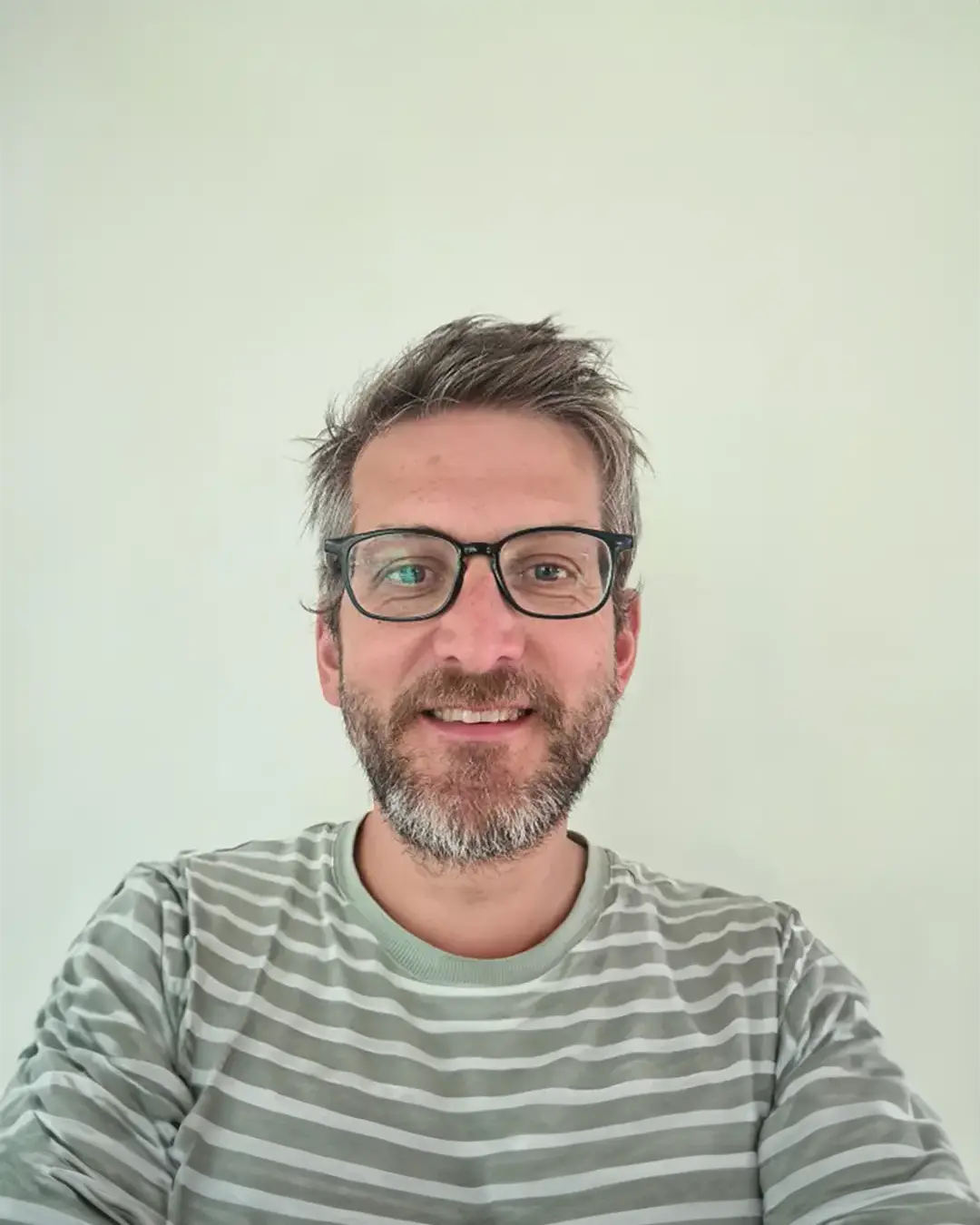
A Benefit for All
By welcoming renowned French-speaking experts, we offer our students a unique opportunity to explore international perspectives and broaden their professional horizons. These exchanges are essential in fostering a global understanding of physiotherapy by discovering different yet complementary clinical methods and approaches.
The workshops and courses provided during International Week, along with agreements made with our university partners, have also paved the way for future collaborations in research, studies, or internships—not only in Belgium but also potentially in other French-speaking countries. This international dimension of the program is crucial for preparing our students for careers in an increasingly interconnected world.
In conclusion, we warmly thank all the speakers for sharing their passion and expertise, the university partners for their trust, the Erasmus+ program for their co-financing support, the “K2 and K3” students for their participation and positive feedback, and especially the Erasmus Ambassadors — Léna, Camille, and Shazia — for their team spirit and collaboration.

